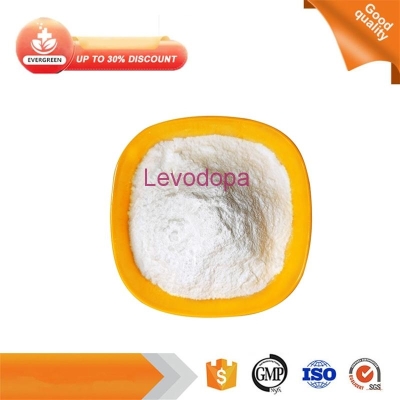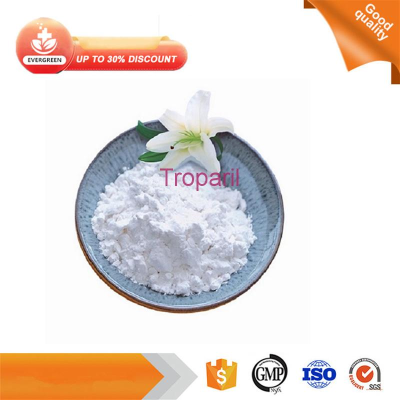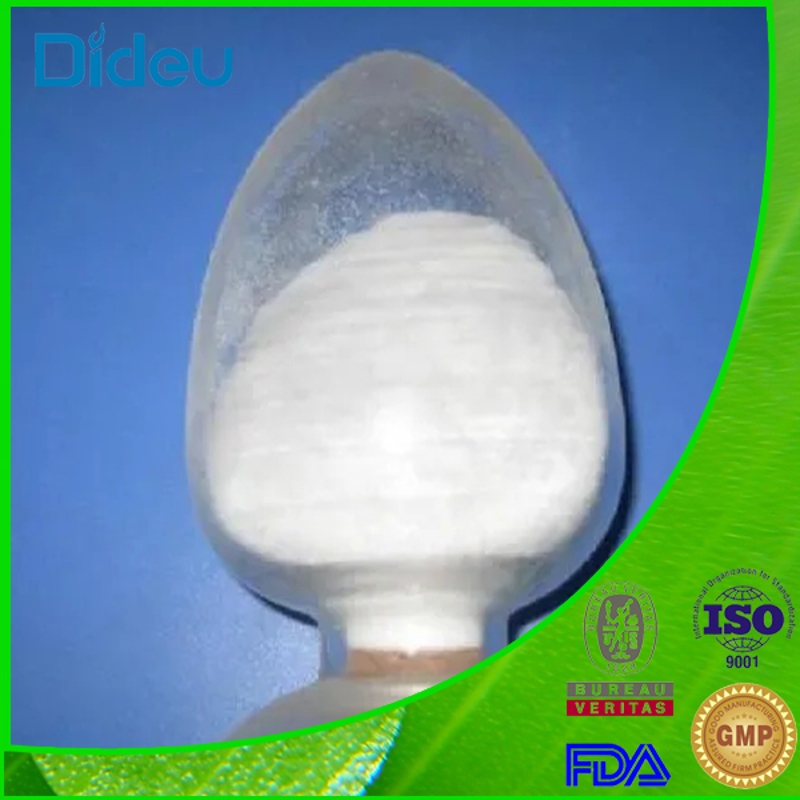The first neurofibromatosis type 1 treatment drug! AstraZeneca / selumetinib obtained FDA priority review, with a total response rate of 66%
-
Last Update: 2019-11-15
-
Source: Internet
-
Author: User
Search more information of high quality chemicals, good prices and reliable suppliers, visit
www.echemi.com
November 15, 2019 / BIOON / -- AstraZeneca, a British pharmaceutical giant, and Merck & Co, a partner, recently announced that the US Food and Drug Administration (FDA) has accepted and granted priority review to new drug applications (NDA) targeting selumetinib, an anticancer drug This NDA application approved selumetinib for the treatment of neurofibromatosis type 1 (NF1) related symptomatic, inoperable plexiform neurofibroma (PN) pediatric patients aged 3 years and over It is worth mentioning that this is the first time that a regulatory application for an oral monotherapy for NF1 has been accepted The FDA has designated the second quarter of 2020 as the target date for the prescription drug user fee Act (PDUFA) If approved, selumetinib will be the first drug to treat pediatric patients with NF1 plexiform neurofibroma (PN) PN is a rare and incurable genetic disease, and there is no approved treatment drug In February last year, selumetinib was awarded orphan drug status by the FDA and the European Drug Administration (EMA) to treat NF1 In April this year, selumetinib was also awarded a breakthrough drug qualification by FDA to treat NF1 This NDA is based on the positive results of sprint stage II stratum 1 test sponsored by cancer treatment evaluation program (CTEP) of National Cancer Institute (NCI) The data showed that the overall remission rate (ORR) of selumetinib as a single drug for twice daily oral administration was 66% (n = 33 / 50) in pediatric patients with NF1 and symptomatic, inoperable NF1 aged 3 and over Orr is defined as the proportion of patients who achieve complete or partial remission (tumor volume reduction ≥ 20%) Selumetinib is an oral, potent, selective MEK1 / 2 inhibitor NF1 gene encodes neurofibromin, which negatively regulates Ras / MAPK pathway and helps to control cell growth, differentiation and survival NF1 gene mutation may lead to Ras / Raf / MEK / ERK signal pathway disorder, which may lead to uncontrolled cell growth, division and replication, and may lead to tumor growth Selumetinib can potentially inhibit tumor growth by inhibiting the MEK enzyme in this pathway At present, selumetinib is in clinical research to evaluate the potential of single drug therapy as well as other therapies for multiple types of tumors Selumetinib was discovered by array biopharma, and AstraZeneca authorized the global exclusive right to the compound in 2003 In July 2018, AstraZeneca and MSD reached a strategic cooperation in oncology to jointly develop and commercialize selumetinib and PARP inhibitor lynparza on a global scale Currently, sprint, a phase I / II clinical study, is being conducted to explore the potential benefits of selumetinib in pediatric patients with inoperable NF1 related plexiform neurofibroma (PN) Neurofibromatosis type 1 (NF1) is an incurable genetic disease, with an incidence rate of three thousand to 1/4000 in infants The disease is caused by a spontaneous or genetic mutation in the NF1 gene, and is related to many symptoms, including soft lumps (subcutaneous neurofibroma) on the skin surface and in the skin, pigmentation of the skin (coffee cow milk color plaque), and benign tumor of the nerve sheath (plexiform neurofibroma [PN]) in 20% - 50% of patients These plexiform neurofibromas (PN) can cause pain, motor dysfunction and disfigurement NF1 patients may experience many other complications, such as learning difficulties, spinal distortion and curvature, high blood pressure, and epilepsy NF1 also increases a person's risk of other cancers, including malignant brain and peripheral nerve sheath tumors and leukaemia Symptoms of the disease begin early in childhood and vary in severity, reducing life expectancy by up to 15 years Original source: US FDA accepts regulatory submission for selenium in neurofibromatosis type 1 and grants priority review
This article is an English version of an article which is originally in the Chinese language on echemi.com and is provided for information purposes only.
This website makes no representation or warranty of any kind, either expressed or implied, as to the accuracy, completeness ownership or reliability of
the article or any translations thereof. If you have any concerns or complaints relating to the article, please send an email, providing a detailed
description of the concern or complaint, to
service@echemi.com. A staff member will contact you within 5 working days. Once verified, infringing content
will be removed immediately.







